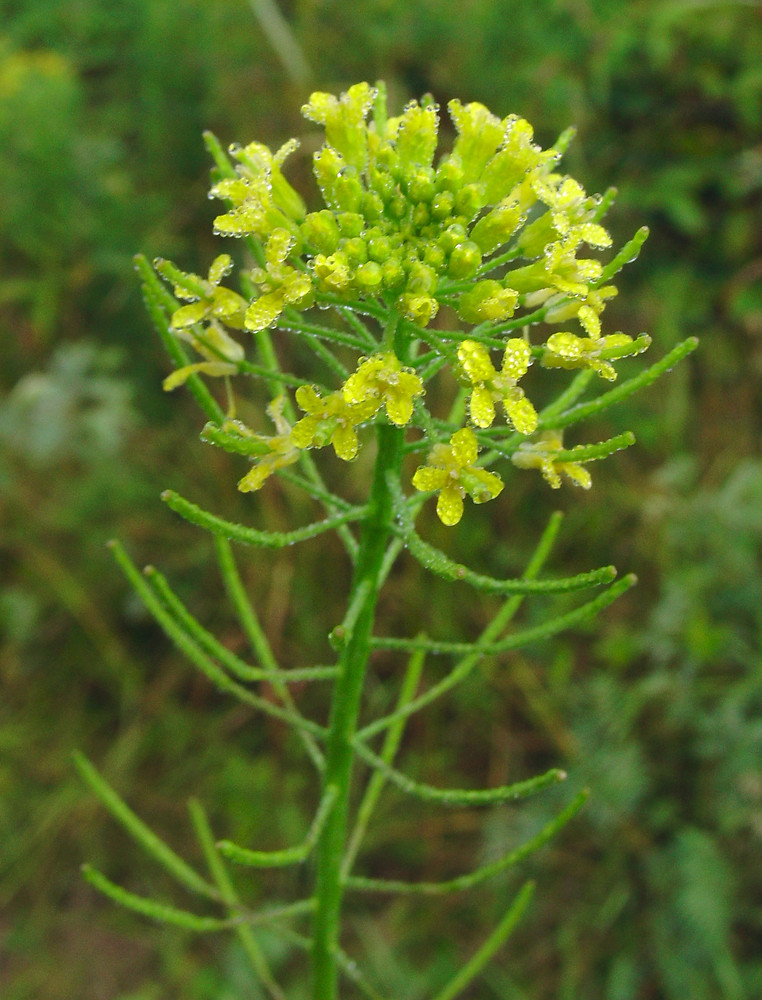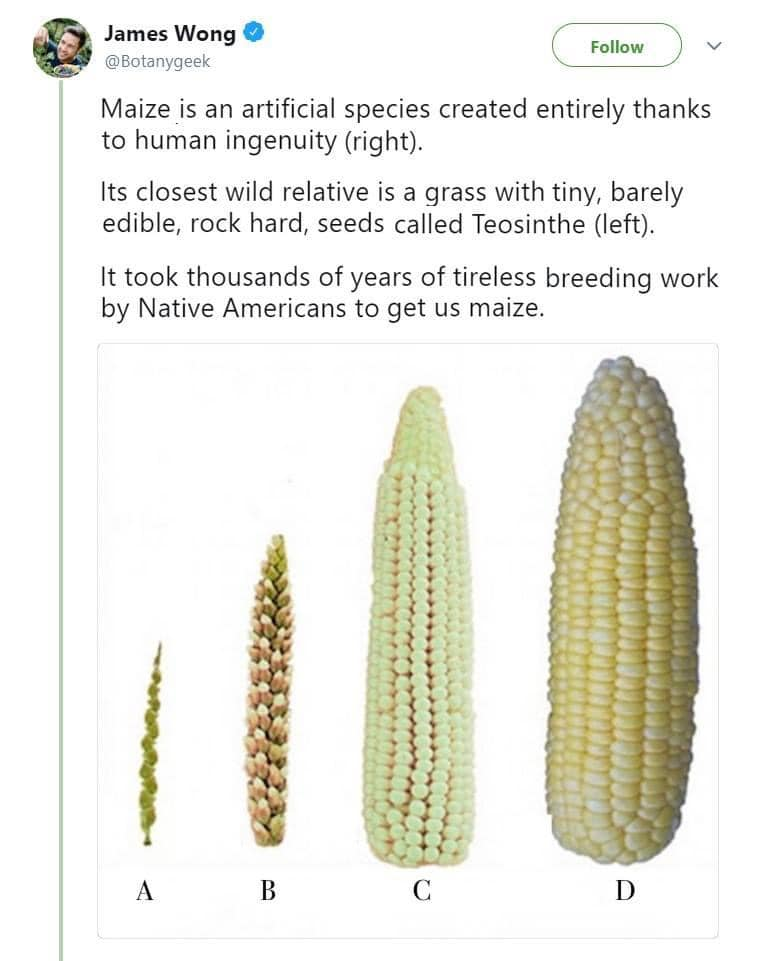This is what these non GMO types always seem to forget: we've been modifying the crap out of everything for the past thousands of years. We're now justuch more efficient and smart about it.
MST3K
Rules/guidelines/info
- Please be nice to each other
- Don't post stuff that doesn't belong
- These rules are temporary as the community is new - suggestions welcome
- Watch out for snakes!
You know you want links, baby!
- MST3K.com
- Gizmoplex
- Rifftrax
- The Mads Are Back
- The Mary Jo Pehl Show
- YouTube
- Wikipedia
- TV Tropes
- Annotated MST
- Fandom
- Suggestions welcome
This community is hosted at https://lemmy.world/c/mst3k and moderated by:
If you were a mod on /r/MST3K give me a shout.
Confused about Lemmy/Fediverse? Here's a useful infographic
They always picture someone in a lab with syringes and special machines to "modify DNA". Most of the time it's just a couple of potted plants under a lamp and a cotton swab. For fruit trees, you're pretty much just replacing a branch with another branch. Tape and staples might be involved.
Genetically modified plants is very different from selective breeding. Selective breeding mimics the natural evolution process, removing natural selection and replacing it with human decisions.
Using a separate root stock from your fruiting trees isn't genetic modification or breeding. It's just taking desirable size features from a root stock and growing your desired fruit from that. It still remains two different plant, with two different DNAs. The fruit would produce a child of the fruit tree, the same as if it was grown from seed. If the root tree was allowed to flower it would create a seed the same as if it were never grafted.
GMO are an extremely useful technology. When well regulated and tested will help produce food for the growing world population. The big problems with it are the consequences of it. Plant have been modified to tolerate high doses of weed killer, pesticides and fertilisers. These all help increase the productivity of the land, but the impacts are terrible on the local environment. Residual weed killer and pesticide may pose a risk to human as well.
Made me think immediately about GMO and non-GMO anti-science scaredy cats.
This is what these non GMO types always seem to forget
This is what these nauseating pro-GMO types always seem to forget - developing a food crop for thousands of years to become useful to humanity is not the same thing as destroying food security through capitalist monocropping with the aid of a few dodgy genes injected into something that never needed it in the first place.
Yeah, all scientists are evil, all corporations are evil, all people working there are evil, it's all evil.
destroying food security through capitalist monocropping
This has very little to do with GMOs.
Have we checked all food to see if exploding them makes them into something better or did we just stop with corn?
Let me tell you a little story about brassicas... broccoli, cabbage, bok choi, cauliflower, kohlrabi, canola oil. They're all this little guy.
Edit: Shit! I missed the exploding part. 
I've been dipping stuff in hot oil for awhile now and it appears to work for most of them.
( ͡° ͜ʖ ͡°) tireless breeding
I don't know if tireless is the right word, I'm sure they had time to sleep.
They never came up with the wheel. Of course they were tireless.
Iirc they did come up with the wheel as some children's toys involved it, but just didn't find a practical use for it because they didn't have beasts of burden to pull carts.
Take this with a grain of salt though because I have no idea where this trivia came from, it was just rattling away on my head.
They were in no rush because they weren't forced to make red arrow go up.
Sorry, i don't eat gmo /s
I have seen this image many times in my uni courses.
-
when european first reached the continent, the breeding of the plant was heavily advance, somewhat on the right side of thr image
-
this is one of the staple crops without which we could not survive.
-
the current varieties are so productive, but they require all modern farming methods, which can be impactful
-
if you want to apply biological agriculture, the mkst recent varieties are not a good pick, unless they actively support that
-
that image also serve as a quick explaination as to how our food systems evolved. When you read ancient folk tales, or even when you read about these plants in Biblical texts, imagine the one on the mid left. A small plant capable of supporting a limited amount of people
What I think is more interesting in terms of New World staples is what the indigenous people of the Andes did with the potato. Not only did the cultivate dozens of varieties, they also learned how to freeze-dry them for long-term storage. That's amazing for people who just barely entered the bronze age by the time of European contact.
But is it non-GMO? /s
For real tho - any estimations on how many gens/years it took/takes to get from A to at least C?
Is this even true? Why would they keep breeding something inedible and practically useless hoping in thousands of years it'd be edible?
I really don't know, it just seems like a stretch
Edit: spelling
It is true. They can trace the genetic lineage. The original plant isn't totally inedible, it's just less nutritious and harder to process. The same is true with wild grains in the Middle East. precursors of domesticated crops like wheat and barley were cultivated from wild grasses which produced less, had less nutrition and took more effort to process into flour.
It's wrong to say they were useless like OP suggests. They were very useful. It was a crop you could reliably grow and come back to harvest.
It also stored very well. The breeding was only to make it more useful. It was always useful.
Much of the breeding was just selection. The crops you would pick and store would be larger. So we it came to plant your were using the biggest largest variety every year. A few generations of this would produce notable results. Then even finer and more deliberate selection would be done.
I didn't make the picture. I just felt that it was finally time to answer the question: Is corn a grass?
It has puzzled Bill Corbetts the world over.
